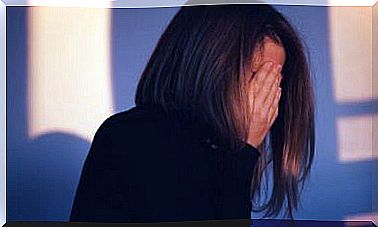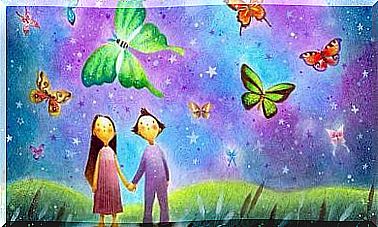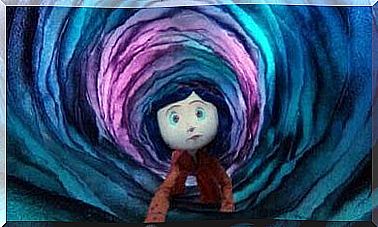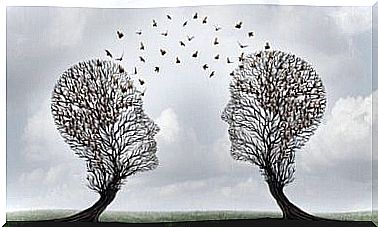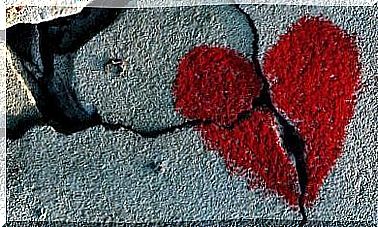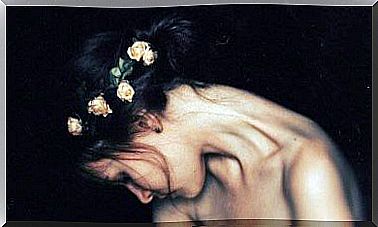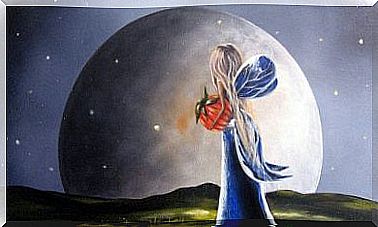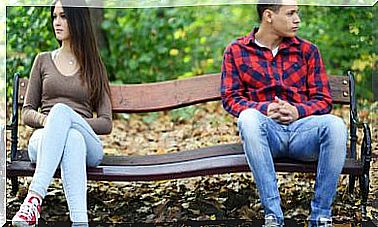Active Aging: Why Is It So Important?
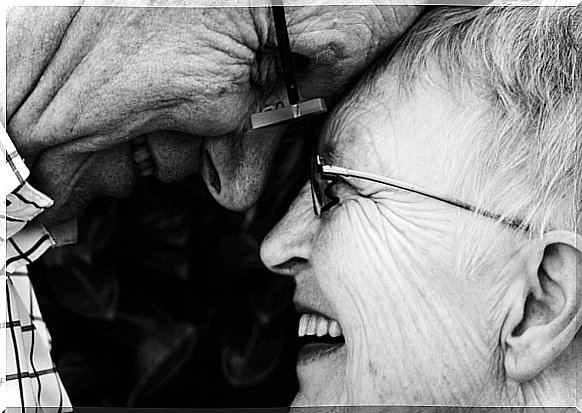
It’s not easy to think about, but time is passing for everyone. At some point in your life you reach a level that only those who came before you can understand. We are talking about age. When I think about it now, one question comes to my mind: is this the same for everyone? Well, no it isn’t. In fact, everyone in this latter part of life is still unique. Therefore, it is important to point out the differences between active aging and passive aging.
These differences go far beyond just physical problems. Our emotions are also affected by it. The extent to which a person remains active in his life has a major impact on the conditions related to his state of well-being. Keep reading to learn why active aging is so important to your well-being!
Your mental state affects your longevity and quality of life
Over the past few centuries, we have made huge strides in our hygiene and personal care. We know a lot more about diseases and how to treat them. People are more careful, more aware. All this has a clear result – more and more people are living longer and longer.
But our quality of life is not only influenced by our physical well-being, our mental well-being also plays an important role. While people have historically seen our psychological state as a secondary factor, putting the physical state first, this is now beginning to change. And it changes so much that it has become a key factor in current research on old age.
“We all want to make it to old age, and we all deny that we made it.”
-Quevedo-
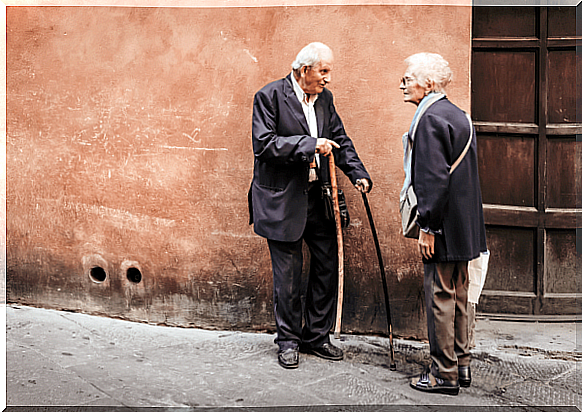
For example, some studies have shown that your cognitive ability, your own evaluation of your well-being, feeling useful, and participating in activities every day are the best predictors of longevity. What does all this emphasize? It emphasizes the importance of active aging for your quality of life.
What does active aging mean?
Active aging means that older people participate in social activities while continuing to seek new experiences that boost their learning capacity and are experienced as enjoyable. It is also about individual development, self-actualization and well-being over the years. That is, the goal is for people to age successfully. The point is that their ‘illnesses’ are as little as possible an obstacle to their well-being.
To achieve this, a person’s age, physical and psychological health, cognitive efficiency, social competence, personal self-control and general life satisfaction must be taken into account.
A person can achieve good levels in all of these areas by working on three basic areas: avoiding illness and disability, maintaining a high level of cognitive and physical functioning, and continuing to commit to life through old age.
What are the benefits of active aging?
The way you act, think and feel affects your health, participation in social life and safety when you reach old age. That is, they play a role in whether or not they age actively. Your lifestyle will therefore have a major impact on your well-being.
For example, the extent to which you perform mental tasks is one factor that can keep your brain healthy. So it’s a good idea to do activities like crossword puzzles, sudoku or chess. This way you can prevent the cognitive decline associated with dementia. But besides training your memory, attention or concentration, there are other things to think about.
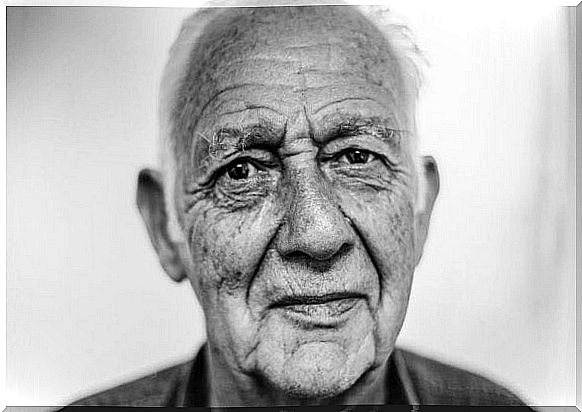
Another important aspect of active aging is for a person to feel as capable as possible in their daily life. It is good for a person to be able to continue to control his life or his state of health. This will help him immensely when it comes to increasing his self-esteem and well-being.
In addition , scientists have found that recovering from an illness depends somewhat on how a person handles stressful situations. In that sense, avoiding such situations will definitely not help. However, if we try to confront them in an active way, we have a better chance of survival… Work on active aging!
Images courtesy of Lotte Meijer, Cristina Gottardi and Neill Kumar.
